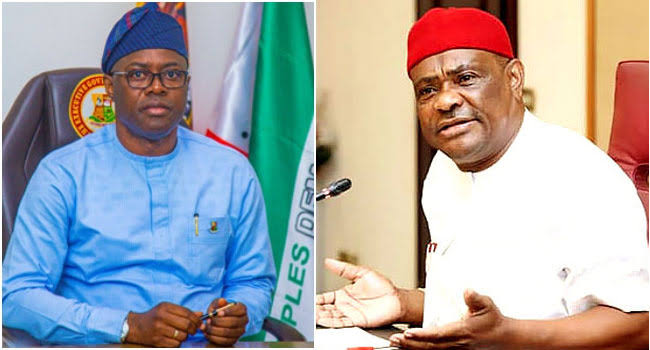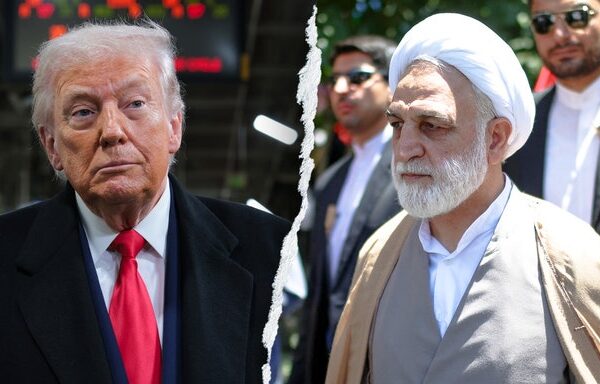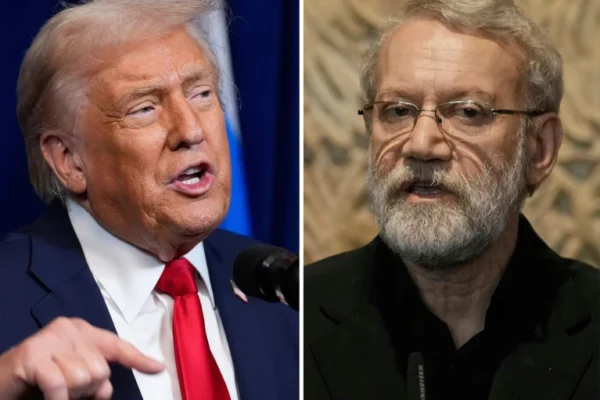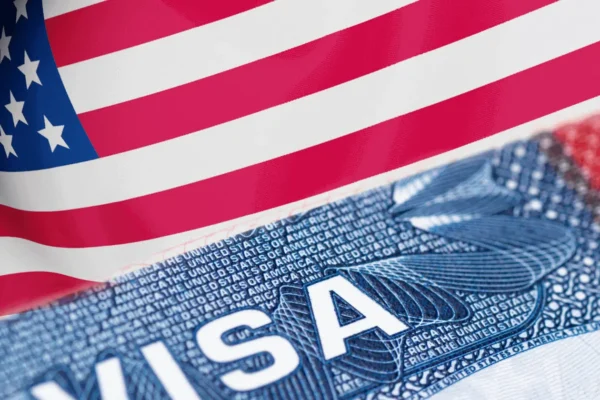Iran has issued a warning to the United States that any intervention in the country’s ongoing protests could trigger attacks on American military bases in the region, a senior Iranian official told Reuters on Wednesday. The alert comes amid rising tensions following repeated threats by U.S. President Donald Trump to act in support of protesters, as rights groups report thousands of deaths in Iran’s largest demonstrations in decades. Three diplomats said some personnel at the U.S. Al Udeid Air Base in Qatar were advised to leave by Wednesday evening. Officials stressed this was a precautionary measure, not a full-scale evacuation like the one before last year’s Iranian missile strikes. One diplomat described the move as a “posture change” rather than an “ordered evacuation.” In an interview with CBS News on Tuesday, Trump promised “very strong action” if Iran executes protesters. “If they hang them, you’re going to see some things,” he said, while encouraging Iranians to continue protesting and take over institutions, declaring, “help is on the way.” The Iranian official said Tehran had contacted U.S. allies in the region, including Saudi Arabia, the UAE, and Turkey, urging them to prevent Washington from striking Iran. “Tehran has told regional countries that U.S. bases in those countries will be attacked if the U.S. targets Iran,” the official said. The official also noted that direct communications between Iranian Foreign Minister Abbas Araqchi and U.S. Special Envoy Steve Witkoff have been suspended amid rising tensions. An Israeli official said Prime Minister Benjamin Netanyahu’s security cabinet was briefed on the potential for regime collapse or U.S. intervention in Iran, though details on timing and scope remain unclear. Iranian state media reported that Ali Larijani, head of the country’s top security body, spoke with Qatar’s foreign minister, while Araqchi contacted his counterparts in the UAE and Turkey, asserting that Iranians were determined to defend their sovereignty against foreign interference. Internet blackouts have limited reporting from within Iran. The U.S.-based HRANA rights group has verified 2,403 deaths among protesters and 147 among government-aligned individuals, while an Iranian official put the death toll at around 2,000. Iranian authorities have accused the U.S. and Israel of instigating the unrest, labeling protesters as “terrorists.” Visiting a Tehran prison, Iran’s chief justice emphasized the need for swift trials and punishments for those accused of extreme violence, warning that speed was essential to preventing future incidents. HRANA reports that 18,137 people have been arrested so far. State TV said a funeral procession for more than 100 civilians and security personnel killed during the unrest would take place in Tehran on Wednesday. Pro-government rallies were also held across the country on Monday, demonstrating continued support for the clerical establishment, with no signs of cracks within security forces. The unrest occurs as Iran continues to recover from last year’s regional conflicts and setbacks to its influence, including losses by allies such as Lebanon’s Hezbollah. When asked about his “help is on the way” comment, Trump told reporters, “You would have to figure that out,” adding that while the death toll appears significant, the U.S. does not yet have full confirmation and would know more after reviewing reports on Tuesday evening. Meanwhile, the U.S. State Department on Tuesday advised American citizens to leave Iran immediately.









